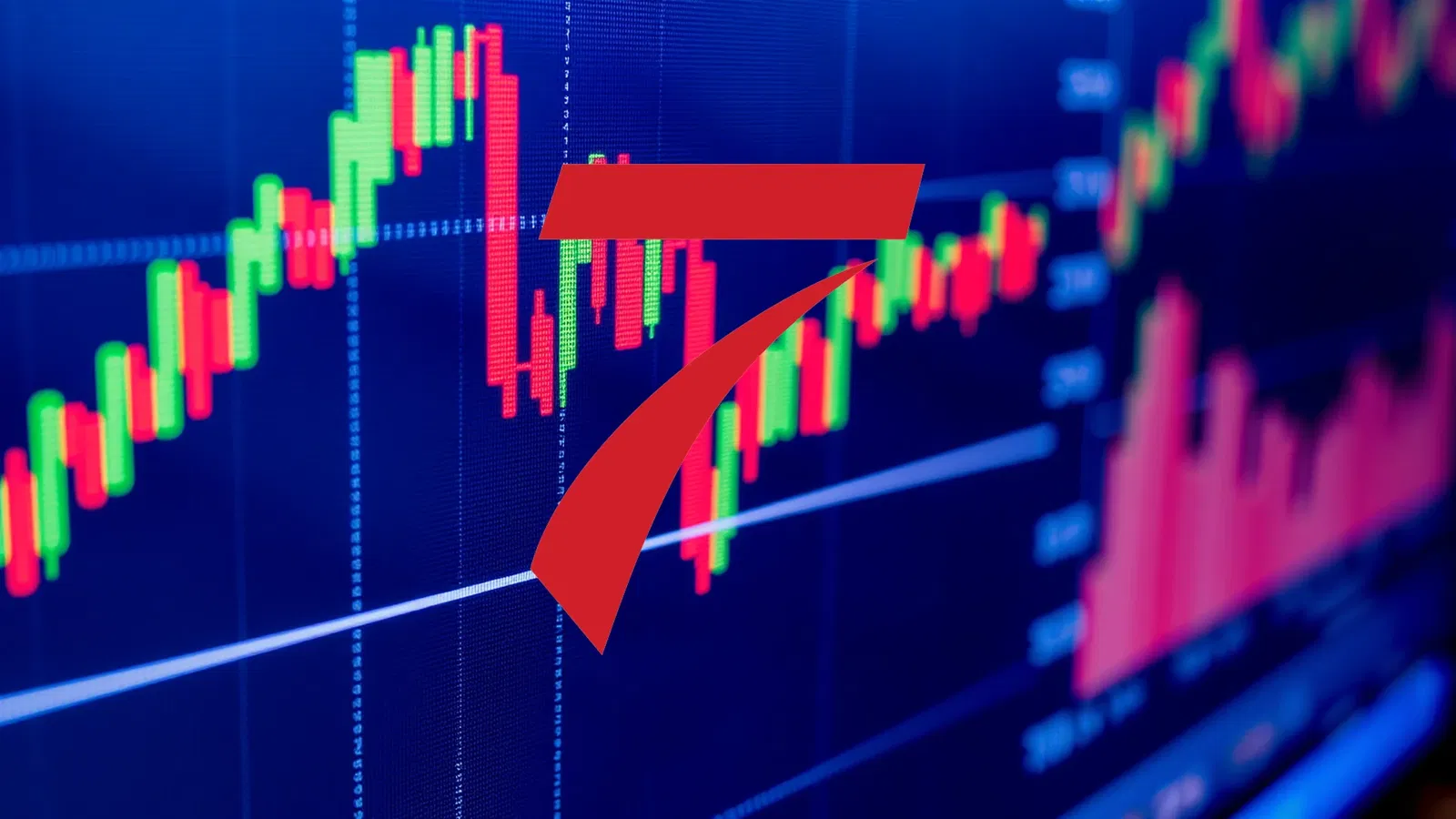After a seven-year absence, Deutsche Bank has reclaimed its position in the prestigious Euro Stoxx 50 index. This milestone represents far more than symbolic value—it marks the culmination of one of the most significant corporate transformations in recent European financial history. The question now facing investors is whether Germany’s largest financial institution can maintain its current momentum.
The bank’s third-quarter performance tells a compelling story, with pre-tax profits surging 31% to reach €2.3 billion. However, these impressive figures only begin to reveal the deeper operational improvements underway at the institution.
Operational Excellence Beyond One-Time Gains
Adjusted figures provide clearer insight into Deutsche Bank’s underlying strength. Excluding the release of provisions related to Postbank legal disputes, pre-tax profits still achieved a solid 6% increase to €1.8 billion—setting a new record for any third quarter in the bank’s recent history. This performance demonstrates operational resilience that continues to surprise market skeptics.
Key metrics highlighting the transformation:
* Net revenues advanced 5% to €7.5 billion
* Investment banking division grew 11% to €2.5 billion
* Cost-income ratio improved significantly from 72% to 63%
* Common equity tier 1 ratio strengthened to 13.8%
These results confirm that CEO Christian Sewing’s “Global Hausbank” strategy has delivered tangible results. Years of restructuring efforts, efficiency measures, and cost discipline are finally yielding positive outcomes.
Index Inclusion: Practical Benefits Beyond Prestige
Rejoining the Eurozone’s premier stock index carries substantive advantages beyond the symbolic achievement. Passive index funds tracking the Euro Stoxx 50 must automatically add Deutsche Bank shares to their portfolios, while institutional investors are likely to increase their scrutiny of the stock.
With nearly 80% gains over the past year, the bank’s shares have already ranked among Germany’s top performers. Trading around €30, the current price sits just below the 52-week high—representing a remarkable recovery from previous lows.
Should investors sell immediately? Or is it worth buying Deutsche Bank?
Leadership Transition Ensuring Strategic Continuity
The bank has announced that CFO James von Moltke will depart in June 2026 after eight years of service, ensuring an orderly transition. His replacement, Raja Akram from Morgan Stanley, is expected to bring fresh perspectives to the executive team.
Meanwhile, Sewing’s contract extension through 2029 signals board confidence in his leadership and suggests the current strategy will continue with refinements rather than radical changes.
Challenges Remain Despite Progress
Not all indicators point upward. The bank’s credit loss provisions doubled to €494 million, primarily driven by difficulties in commercial real estate portfolios. For 2024, management anticipates risk costs of approximately €1.8 billion.
Regulatory issues from the past continue to surface, with Deutsche Bank Securities paying a $4 million penalty to the SEC in December—a reminder that legacy compliance matters remain unresolved.
Forward Outlook: Ambitious Targets Within Sight
The institution maintains its target of achieving a return on equity exceeding 10% by 2025. Following recent strong quarterly results, this goal appears increasingly attainable. Similarly, the ambition to reduce the cost-income ratio below 62.5% appears within reach based on current progress.
Deutsche Bank has already applied to the European Central Bank for permission to conduct additional share buybacks—a clear indication of management’s growing confidence. The sustainability of the transformation will likely be scrutinized during November’s investor deep dive, when the bank plans to present its long-term strategy beyond 2025.
Ad
Deutsche Bank Stock: Buy or Sell?! New Deutsche Bank Analysis from February 8 delivers the answer:
The latest Deutsche Bank figures speak for themselves: Urgent action needed for Deutsche Bank investors. Is it worth buying or should you sell? Find out what to do now in the current free analysis from February 8.
Deutsche Bank: Buy or sell? Read more here...













